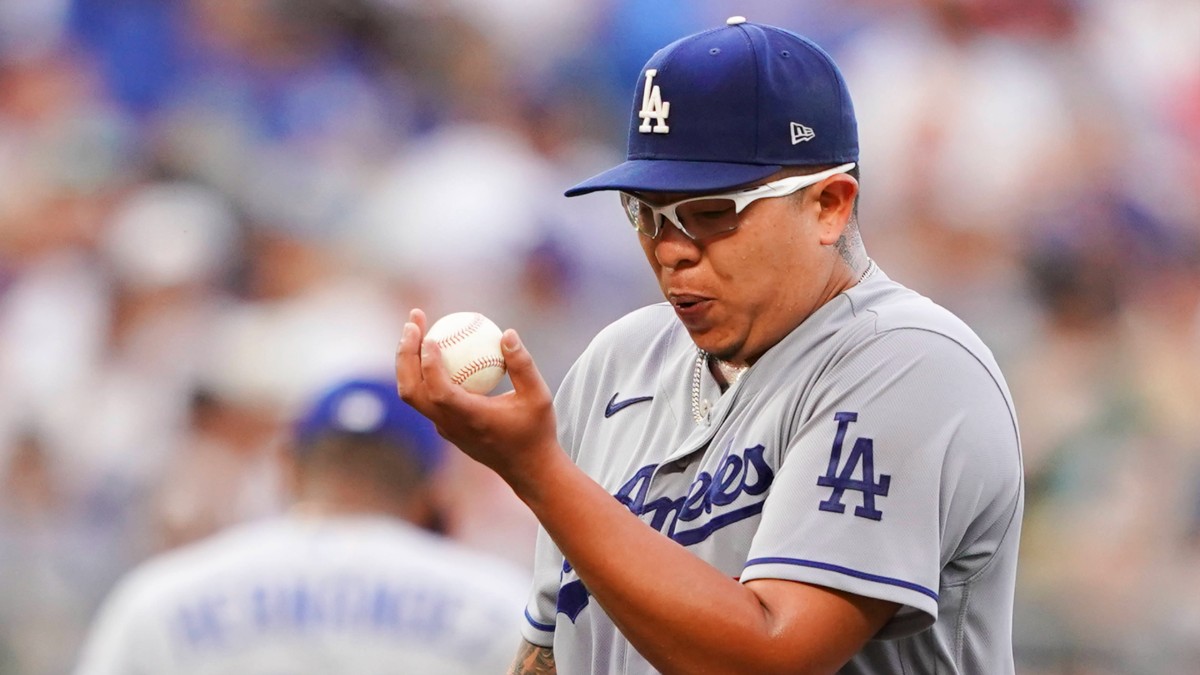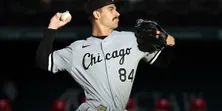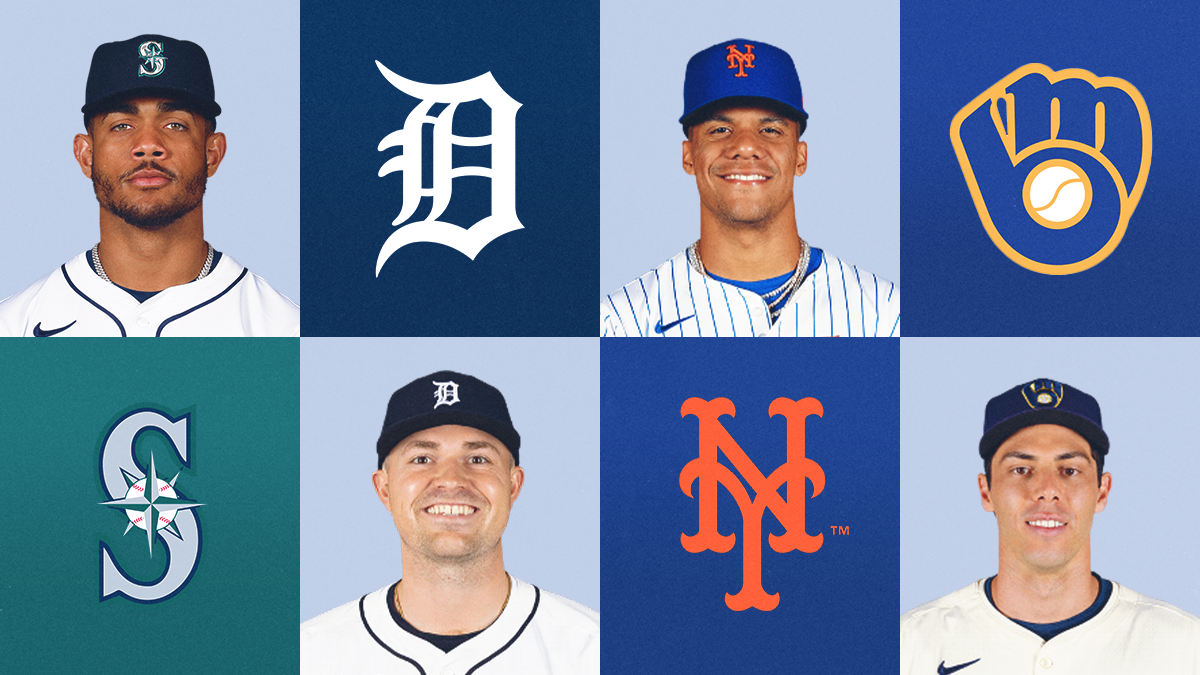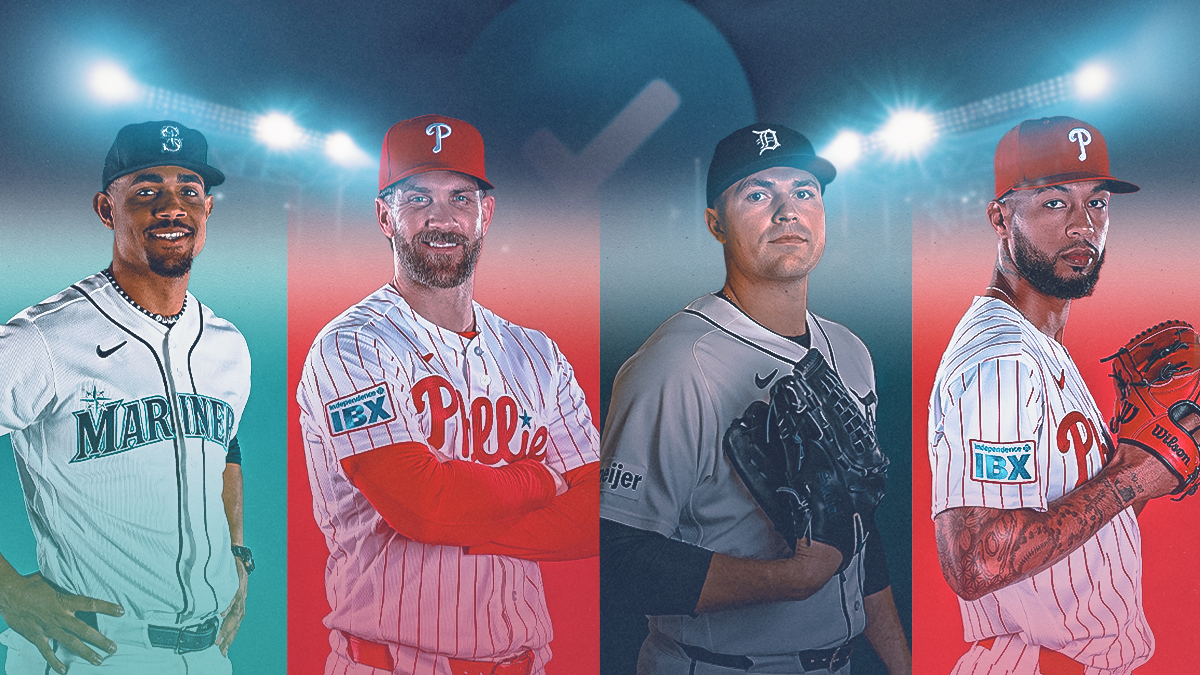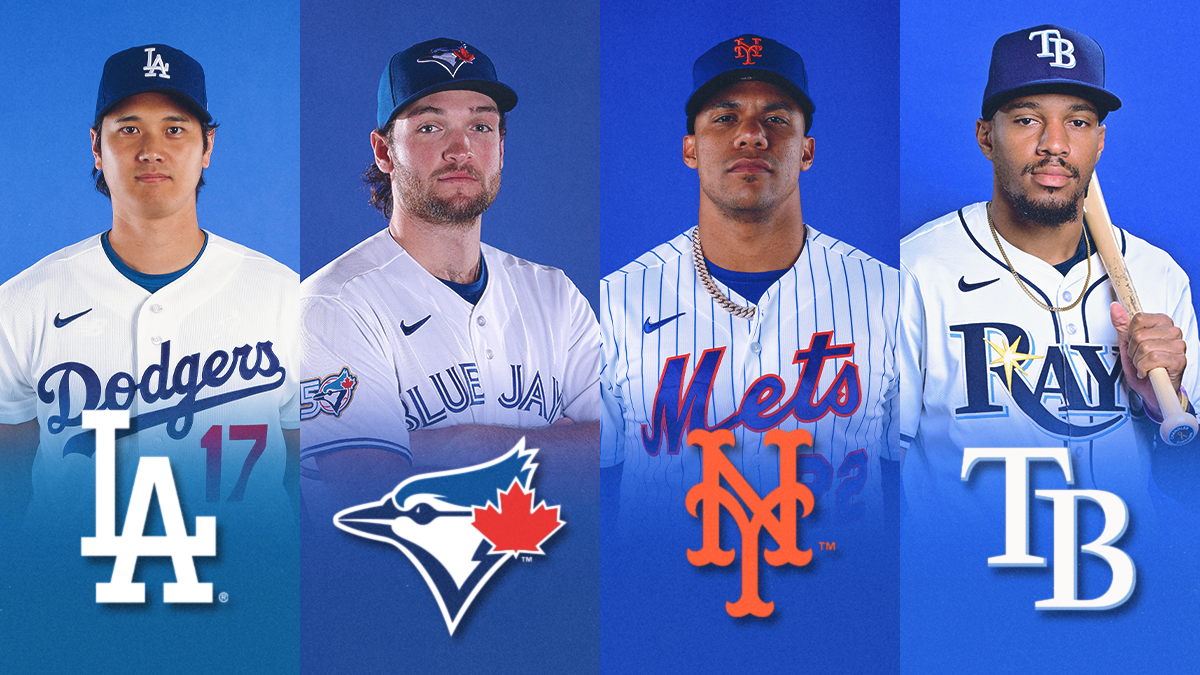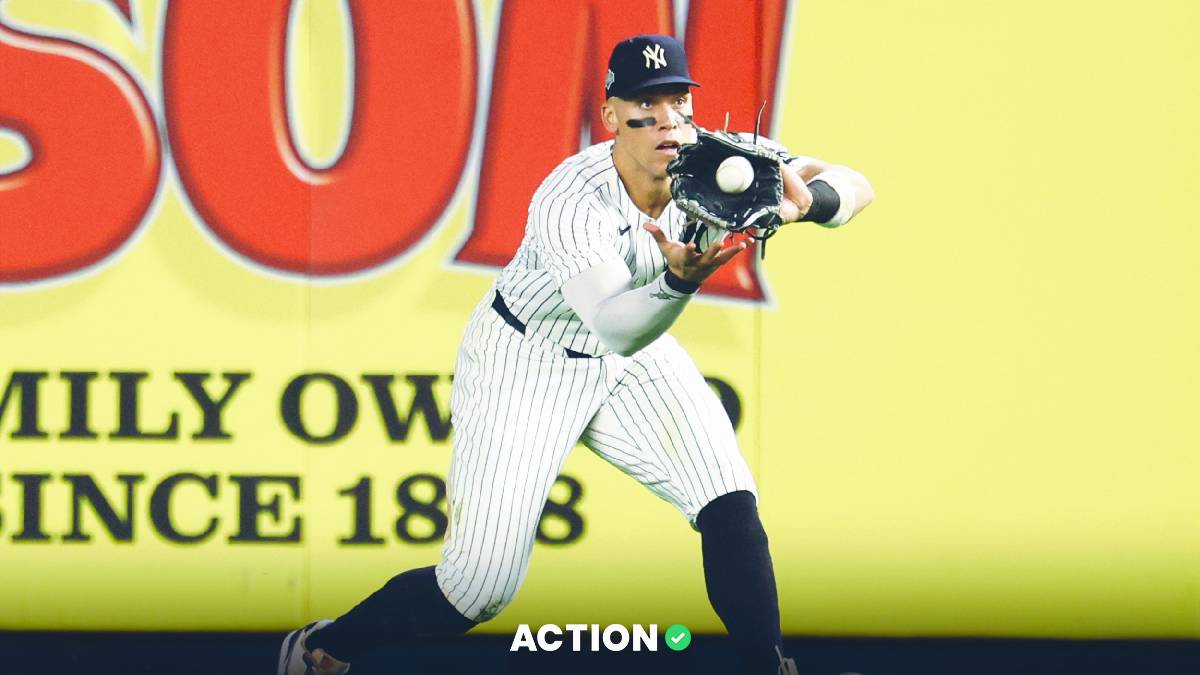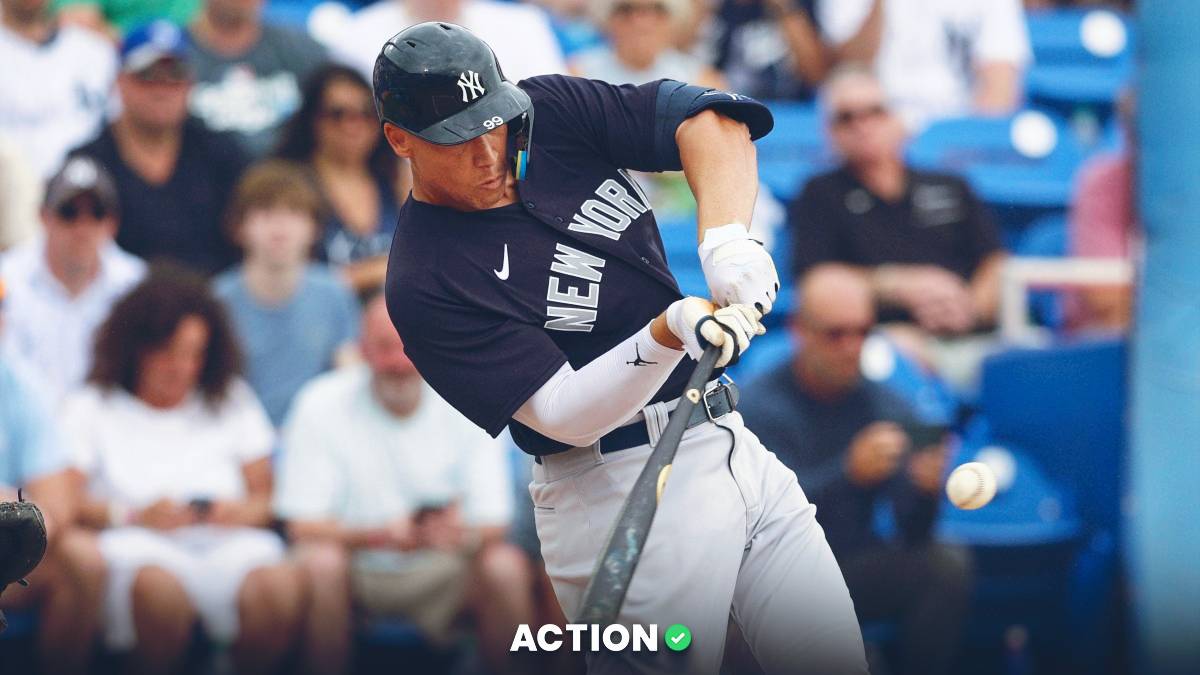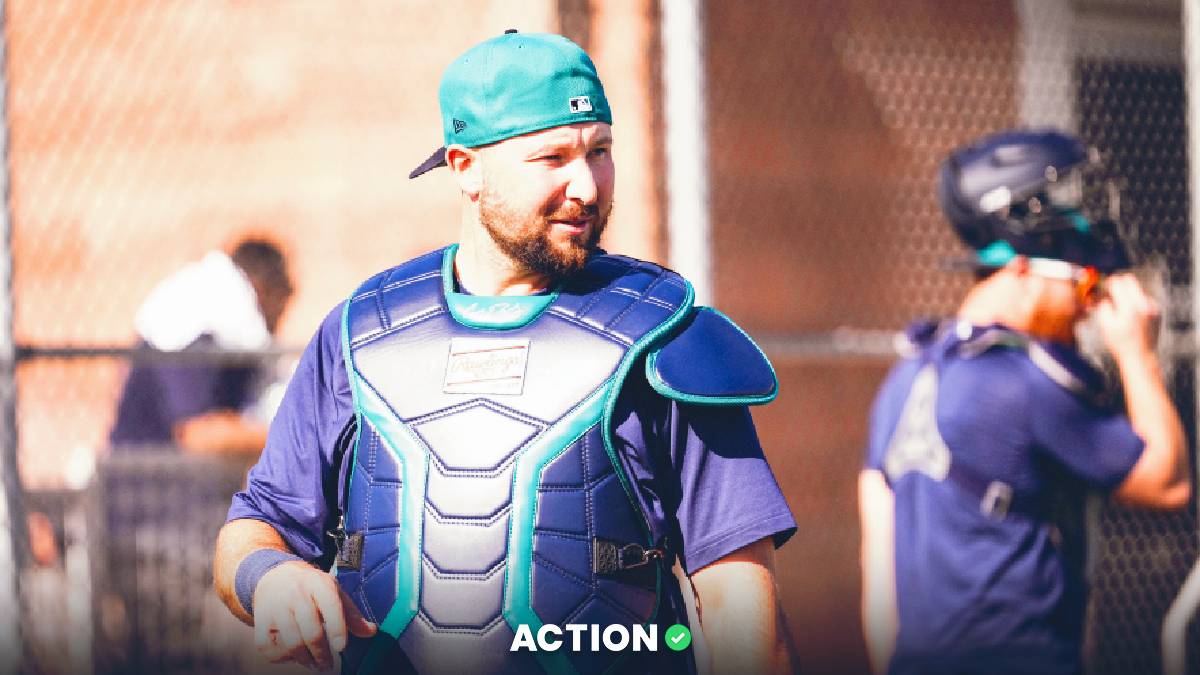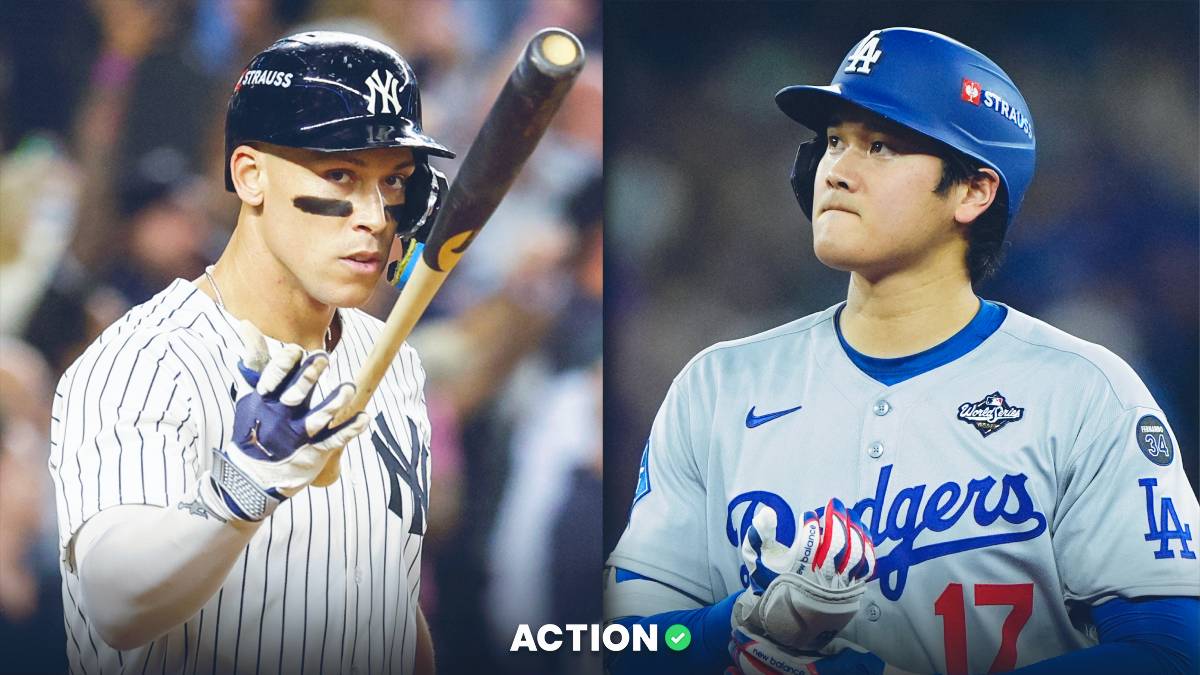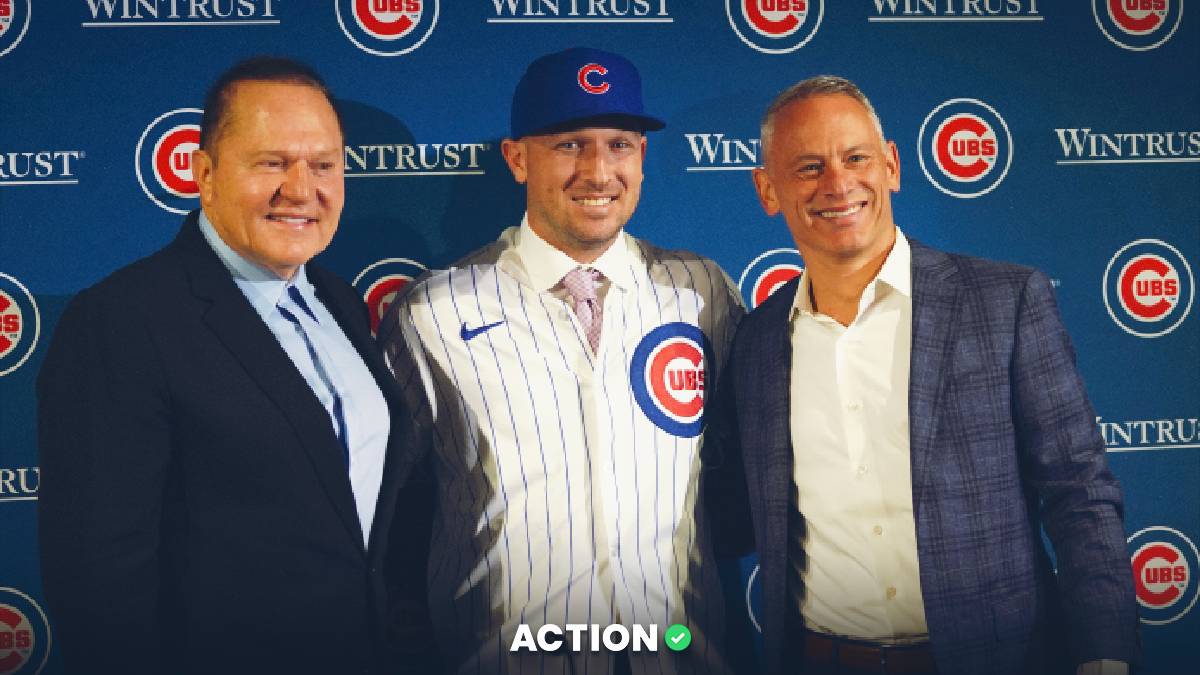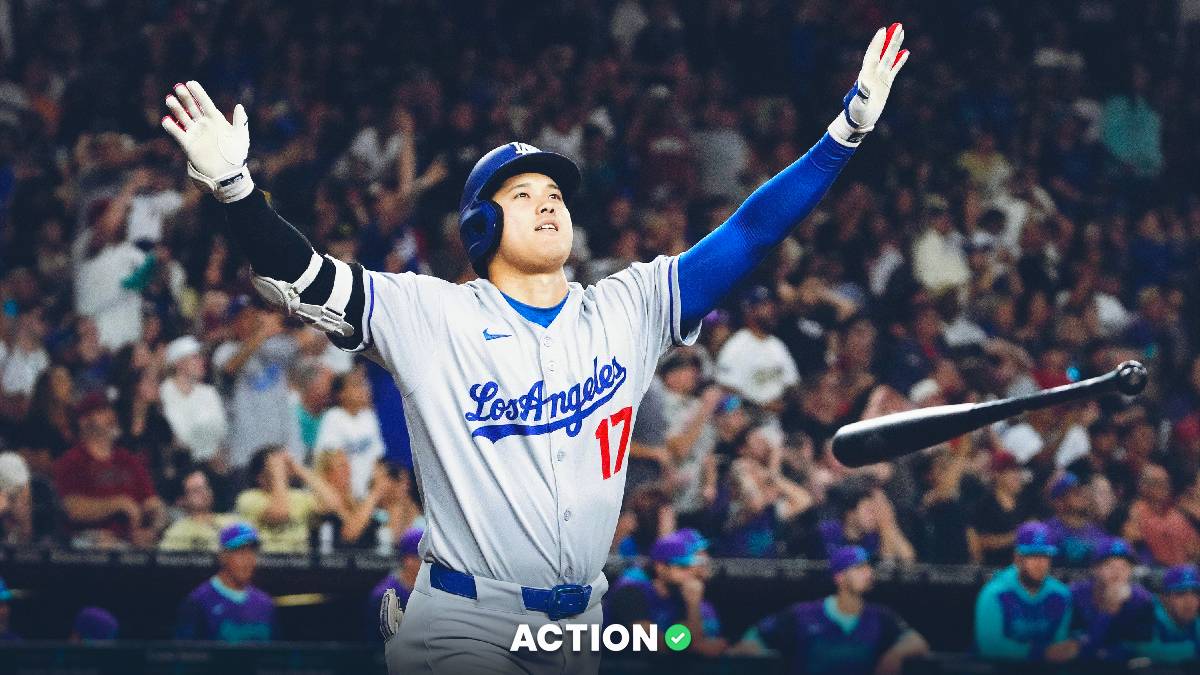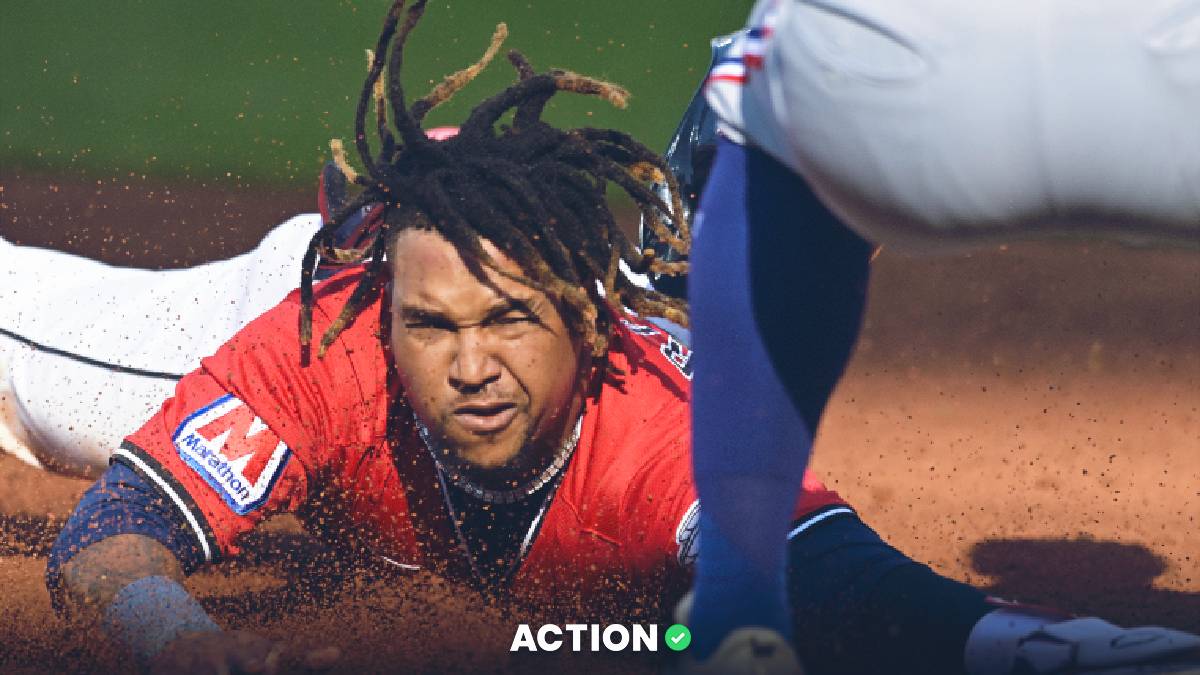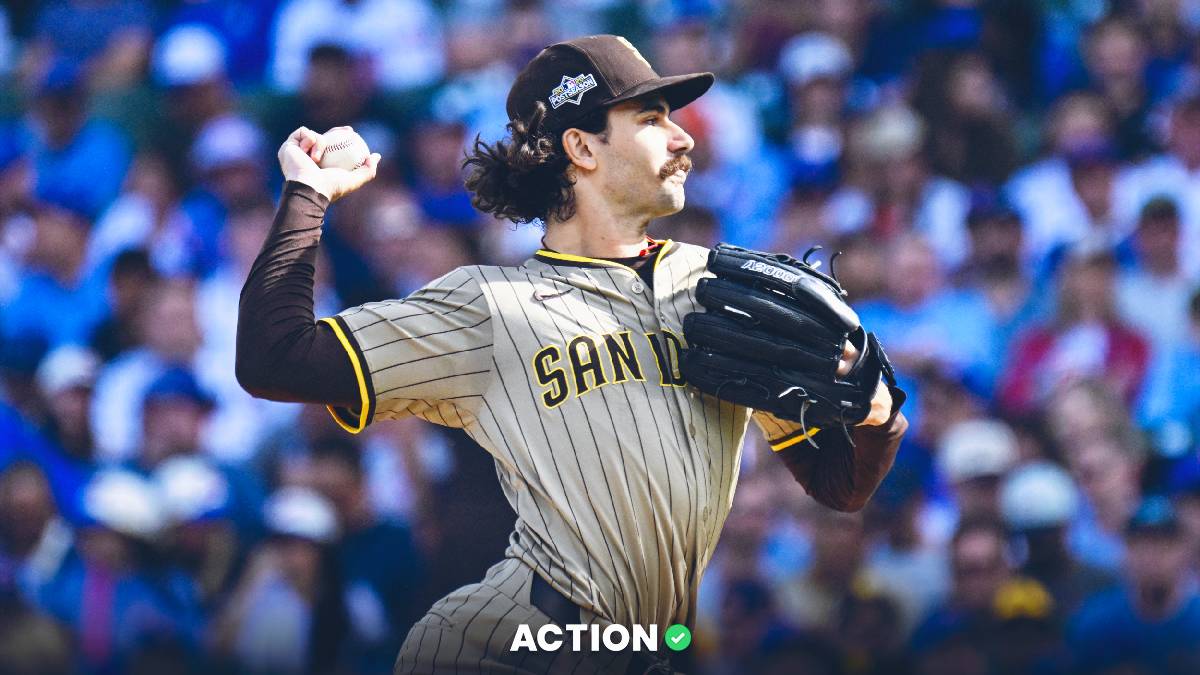Our week started with a bang, going a perfect 4-0 on Monday. While we can't expect a sweep every day, let's turn in another profitable day on a full Tuesday slate of baseball.
The Model
The process is relatively simple. First, I start by assuming that the full game (implied) run totals for either team are roughly efficient.
As mentioned above, that tends to be the case more often than not. This saves me the trouble of trying to predict the total runs scored in the game — and allows me to focus strictly on the "when" rather than "how many."
Next, I built a database of pitchers performance the first time through the order, relative to their overall stats. Since the latter is presumably baked into the full game total, I wanted to figure out if those runs are more likely to come early or late.
Most — but not all — MLB starters do somewhat better early in games, but with some variance in just how much. The model uses xFIP (expected Fielding Independent Pitching) as the ERA predictor of choice.
That's only half of the equation, though, with the offenses making up the other half. To do this, I looked at what percentage of a team's total runs is produced by the top three batters in the lineup.
While a first inning run scored, by definition, needs at least four hitters to come to the plate, one of the first three has to actually score it. The metric of choice here is wRC+, based on the projected lineup for the day from each team.
This is a bit of a tradeoff, as lineups (and run totals) can shift throughout the day, especially if significant contributors miss time.
However, in my experience the inefficiency of the morning lines more than makes up for the leakage in the model. With that said, exercise caution if, say, Mike Trout is listed as questionable for the night's game.
The Picks
With all of the picks below, I'll include the pick, the best line and the threshold I'd bet it to. These will go up in the morning, so if any major news breaks between publishing and when you read it, be sure to consider that.
Infrequently, rather than betting on the traditional YRFI/NRFI, the pick will be on one team or the other specifically to score a run, which as of this writing is only a betting option at DraftKings.
Since the model handles each team individually, sometimes one team is projecting for a greater proportion of the "run equity" in the first inning than the betting lines are accounting for.
NRFI Odds, Picks for Tuesday, July 25
Detroit Tigers vs. Los Angeles Angels YRFI: We don't get many +100 YRFI lines these days, especially in games with a solid 8.5-run total. I've tried to shy away from taking YRFI bets on the Angels with Mike Trout on the injured list, but this one is too good to pass up. They hit lefties at a top-five rate on the season, and Detroit is projecting solidly as well. Angels starter Griffin Canning has reverse splits his first time through the order.
New York Yankees vs. New York Mets YRFI: The Yankees are the other team I've been avoiding due to an injury to a superstar hitter, but this line is also too good to pass up. We're getting even money despite a nine-run total, and both starters have been below average their first time through the order.
Chicago White Sox vs. Chicago Cubs YRFI: While this YRFI line isn't quite as good as the previously mentioned games, the projection is even better. That's because the nine-run total here is slightly juiced to the over, and both starters are below average early in games.
San Diego Padres vs. Pittsburgh Pirates NRFI: Just an eight-run total here, plus two starters who do their best work at the start of games. The Padres have a solid projection here, but it's more than made up for by the minuscule one on Pittsburgh — though you could certainly hedge with a Padres-specific team YRFI.
Los Angeles Dodgers vs. Toronto Blue Jays YRFI: Back to the well with this one, which paid off last night. The Dodgers are the most "top heavy" offense in baseball, while Toronto is projecting well thanks to Dodgers starter Julio Urias having a 7.07 ERA his first time through the order in 2023.


